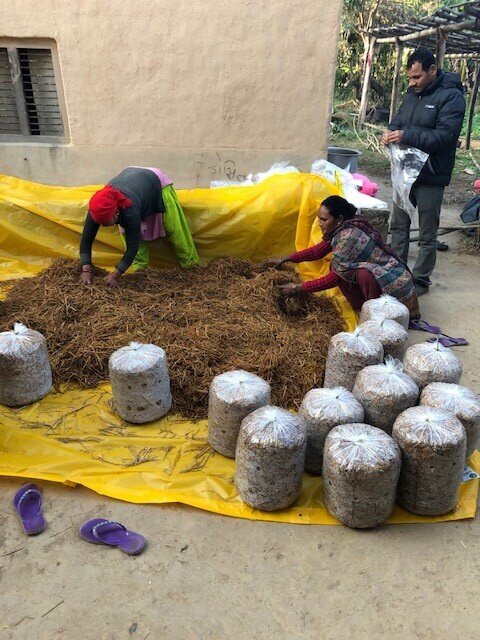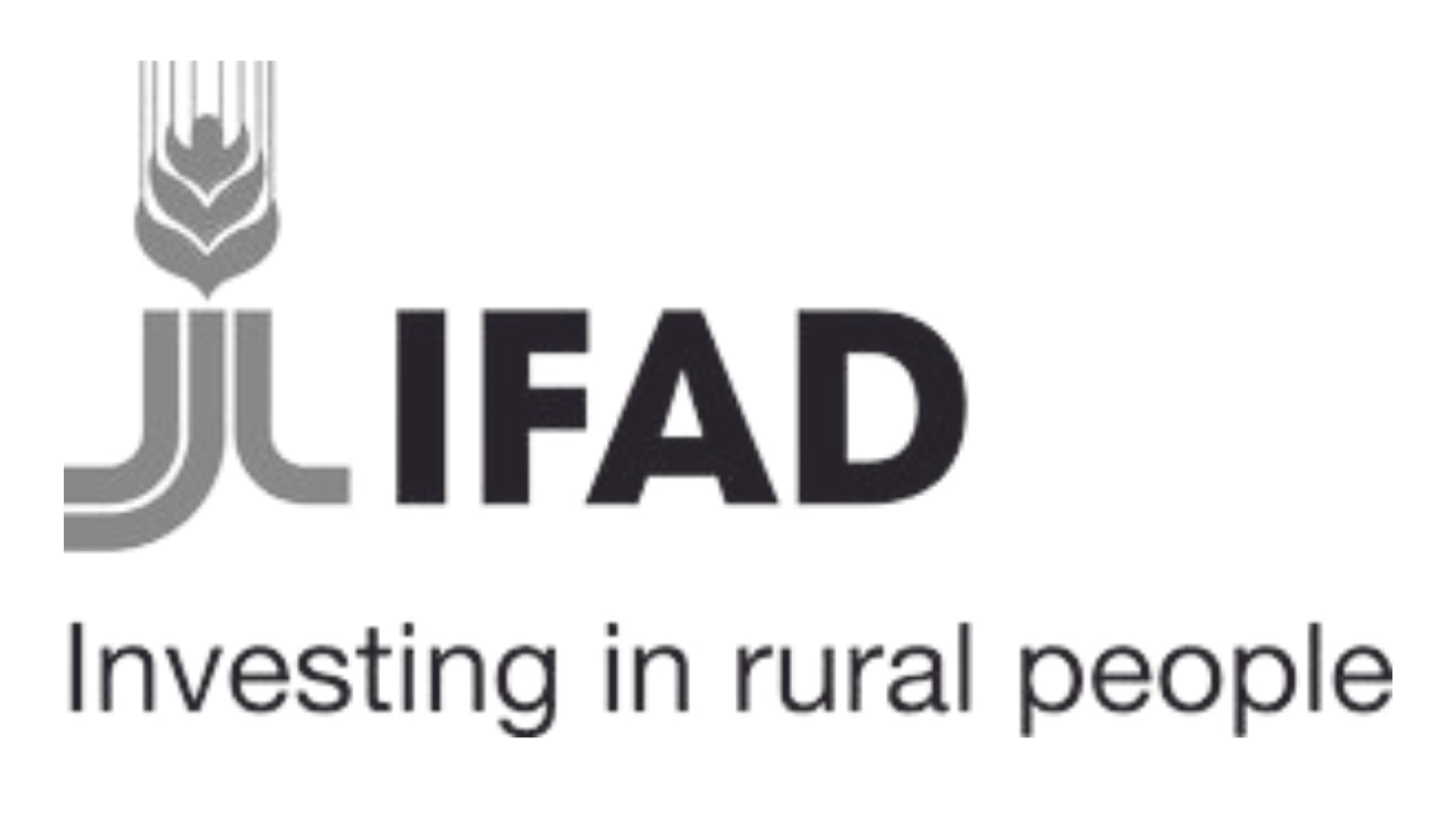Our projects - Asia
July 2018 – December 2020
The aim of ASEC is to develop improved forest management and forestry as a livelihood in community-managed forests. The project aims at improved service delivery of ASEC and capacities of its members in sustainable forest management and forest value chain development thereby contributing for Improved livelihoods of FO members.
The project has identified and promoted women's income opportunities, and at the same time trained them on women's rights. Mushroom growing and entrepreneurship training have been useful in promoting income generation.
Silviculture and forest management planning is developed in close co-operation with local authorities, e.g. in thinning plots and in updating the Forest Management Plans for the CFUGs (Community Forest User Groups). The aim is to integrate climate change and sustainable use into forest planning.
In 2019, the project is enhancing women´s rights as well as their livelihoods. Three women were elected in Navadurga CFUG´s executive committee. Five women started their own mushroom business and 14 new entrepreneurs were trained and are ready to start their business. Workshops in gender-based violence continued, reaching 220 participants. Now, women look at the future with hope. Plans have been developed to start leaf plate production (a traditional Nepalese plate for serving meals, especially at festivals) and organic fertilizer production.
As regards climate risks, plans for climate adaptation and climate risk management were included in three forest management plans. This was done by using the Building Resilience—tool of AgriCord. Furthermore, herbs and forage seedlings have been planted in community forests to support sustainable non-timber production.
Twinning partner: Forest Management Association Savotta
Project funded by:
January 2021 - June 2024
The project “Women for entrepreneurship and resilience – transforming fish-farming and forest value-chains in Nepal” aims to enhance women’s income generation, entrepreneurship and livelihood resilience. In Chitwan and Dang districts forest and fish farming are male dominated sectors where decision-power and access to direct benefits are held by men. Traditional roles, low education levels and lack of targeted services limit women’s opportunities in these sectors. Climate and non-climate hazards aggravate the livelihood insecurity and especially women in the marginalized groups are in risk to fall beyond safety nets.
The project enables women to seize a centric role in terms of decision-making and direct economic benefits in fish farming and forest value-chains. Farmers organizations hold a crucial role in breaking discriminating structures and transforming production towards resilient pathways. The project engages 18 organizations which commit to non-discrimination, provide targeted services for women, and boost the presentation of their 1200 women members’ interest. New policy mechanisms are established linking women producers with local governments’ decision making. Local organizations engage their members and communities (5450 men and women) to embrace rights and responsibilities, and to seize emerging opportunities in climate-smart production, value-addition and bio-products.
Women improve resilience of fish-farming and non-timber forest products NTFP value-chains as the farmers organizations promote risk mitigation and climate-smart practices. Women identify innovations, new products and services forming income generation opportunities and entrepreneurship.
FFD implements the project in Nepal in partnership with Federation of Community Forestry Users FECOFUN, Women’s Fish-Farming Cooperative Sundardeep and Forestry cooperative ASEC. FECOFUN is FFD’s main partner responsible for local coordination, expertise and advocacy in Nepal. Sundardeep and ASEC implement the project activities together with their members and networks. Finnish Fish Farming Association (FFFA) and FFD support the project partners with technical advisory services.
Twinning partner: Finnish Fish Farming Association (FFFA)
Project funded by:
November 2016 – August 2020
The project seeks to support the creation of member-based organizations to provide services to smallholder forest owners and promote PEFC's certification model to increase value of wood products. The project supports three provincial cooperative alliances in Central Vietnam. The project works in several complementary areas: organizational development and capacity building, efficiency of forest production, forest certification and forest business development through workshops, training courses, studies, exchange visits and model plots.
In 2019 the cooperatives supported by the project were able to provide services to smallholder farmers and increase their skills while promoting and preparing to achieve a certified wood production.
The project has been able to integrate forest services into farmers’ cooperatives, strengthen the role of small farmers as an important player in the forest sector, develop farmers' income generation opportunities and increase the availability of quality seedling material and sustainable forest management practices.
All members of the cooperatives have received training in forestry and seedling production. To support the competence, permanent experimental fields and model plantations have been established.
Forest certification procedures (PEFC system) has been enhanced through the establishment of 20 Chain of Custody -certification groups in project provinces.
Five functioning and profitable nurseries have been established in the cooperatives, which produce high quality planting material and also sell certified seedlings outside the cooperative. Phu Bai Cooperative has focused on developing the environmental friendliness of nurseries, e.g. improving water use and investing in biodegradable seedling bags.
Forests are more productive as in several cooperatives the amount of wood per hectare has increased and wood is also sold for a better price. As a result, the income of many forest farmers have also risen. Cooperatives have started to make contracts to sell wood for wood suppliers. 3 512 cooperative members benefited from improved market arrangements for their forest products in 2019. The carbon sequestration potential of the planted acacia forest has been mapped in Hue and Quang Ngai. Climate risk assessment and management plan produced and approved for the three participating cooperatives.
Twinning partner: Forest Management Association Savotta
Project funded by:
FFP/ASEAN is co-financed by the European Union with the technical support of the International Fund For Agricultural Development





























